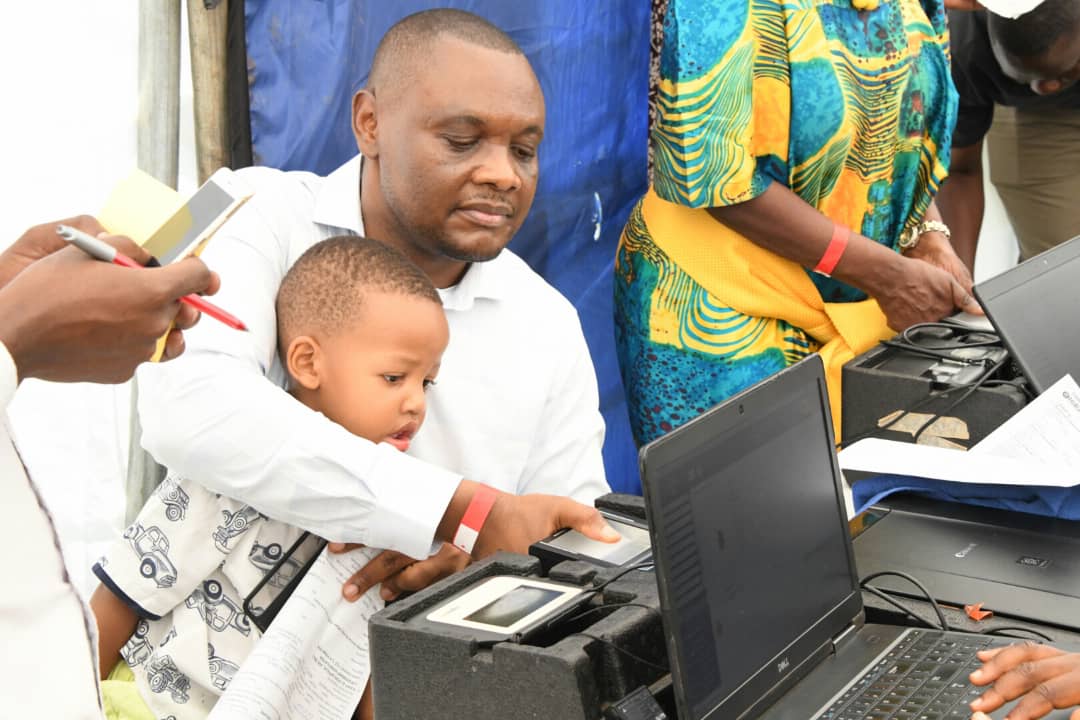Deteriorating water quality in Uganda is causing concerns for the health of people, the country’s economic development, and its local environment. The Ugandan government is teaming up with international scientists to increase knowledge and improve the country’s ability to manage water quality.
Recently, there have been reports of fish dying in Lake Kyoga and Lake Victoria, raising concerns among local authorities and scientists. They collected and studied fish and water samples, finding that this issue is part of a broader problem – declining water quality. This problem affects both the environment and the health of Ugandans who suffer from water pollution.
Water pollution comes from various sources, including municipal and industrial wastewater, runoff from farms, pharmaceutical and medical residues, plastic waste, and storm runoff. Ting Tang, the lead scientist on the project, explains that to solve this problem, a comprehensive understanding is needed to know where pollution is happening, what pollutants are involved, and how to manage water quality effectively.
To tackle these challenges and ensure sustainable water resource management, the SWAQ-Uganda project began in Uganda on September 27, 2023. It is led by the Department of Water Quality Management in the Directorate of Water Resources Management (DWRM) of the Ugandan Ministry of Water and Environment (MWE). The project is coordinated by IIASA in partnership with the University of Natural Resources and Life Sciences (BOKU), Vienna. It is funded by the government of Austria through the Austrian Development Agency (ADA). The project’s goals include conducting a comprehensive national water quality assessment, collecting data from existing sources, and building institutional capacity at the national level.
The launch event featured government officials and experts from various fields, including water, agriculture, industry, tourism, fishery, and the environment. Over 60 specialists, practitioners, policymakers, and researchers participated in the event, with additional training sessions focusing on data processing and analysis.
The project aims to raise awareness of water quality challenges and promote collaboration across different sectors to address them. It will cover various technical topics such as biomonitoring, data processing, data management, and water quality modeling. Additionally, the project will facilitate the development of a water quality modeling framework to provide insights for policy and planning, ultimately improving water quality assessment and management in Uganda.



















